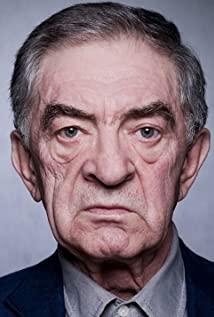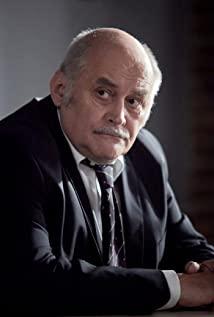She asks the old doctor's husband's chances of survival, and if he survives, she'd rather have an abortion than let him be hurt by knowing about his brief extramarital affair; if he's going to die, she keeps the child. The doctor was embarrassed, saying that he could not diagnose the life and death of the patient.
A few days later, Vajda went to see the old doctor again. Her abortion deadline was approaching, and if doctors couldn't be sure that her husband was going to die, she decided to abort the fetus. That is the dilemma of life. It is about choice and choice. Moreover, life and death are so close to each other, they affect each other, and they are separated by a thin line. The old doctor felt the pain of choice and could not sleep all night.
The next day the old doctor lied to her and said, "Don't have an abortion, because he can't live." Vajda immediately asked the old doctor to swear to vote, and the old doctor swore without thinking. Although he knew that Wajda's husband was ill, he chose a false oath and saved two lives.
The "Bible" says: "Do not call the holy name of God to swear falsely." The commandments are clear and not vague. However, the present world is complicated and confusing, and it is difficult to say what is right or wrong.
Emotional betrayal is often a theme in Kieslowski's films, and "Ten Commandments" No. 2 and No. 9 touch upon them. However, in the relationship of betrayal, Kieslowski's humanistic sentiments are not indiscriminate tolerance, cheap sensationalism, or kitsch optimism. Kieslowski did not leave moral judgments behind. Rather than exploring the right and wrong behind the betrayal, he focused more on the inner changes of the parties (the betrayer and the betrayed), how to face it, and how to deal with it. where, how to choose.
The emotionally unbalanced party betrayed his lover and suffered from great contradictions and struggles. Those who have been betrayed stagnate on the road of injury, grief, understanding, and tolerance, entangled in love and hate, and inexplicable embarrassment. Betrayal and honesty seem to be two sides of the same copper plate. Kieslowski said: "When I make all the compromises and bad decisions, I can feel that very clear line that must never be crossed. I try not to cross that line. Of course, I can't avoid it every now and then, but I keep trying not to. It has nothing to do with the so-called standard of right or wrong, it has to do with the day-to-day decisions you have to make every day."
View more about Dekalog reviews











